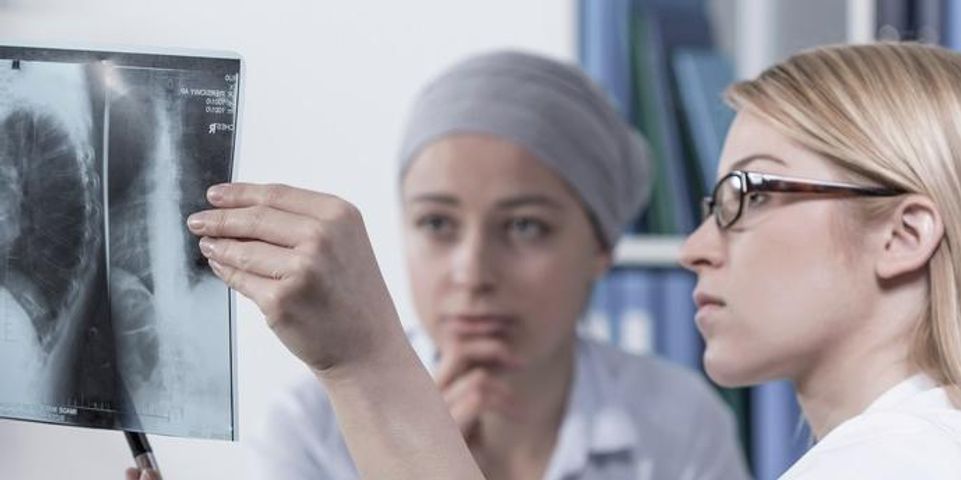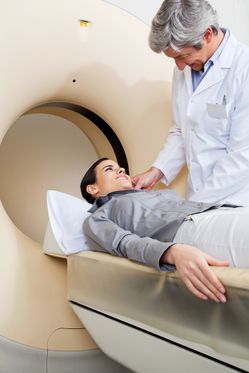
Estimated to affect nearly a third of Americans at some point in their lifetimes, cancer is recognized by the Centers for Disease Control and Prevention to be the second-leading killer in the nation. With awareness and early action, this group of diseases can often be prevented and treated. To help you protect yourself and your loved ones from this overwhelming condition, here’s what you should know about cancer.
FAQ About Cancer
What Is Cancer?
While this condition can occur anywhere in the human body, all cases involve abnormal cell division. In a healthy individual, the body replaces old and faulty cells on an ongoing basis. When cancer arises, cells develop rapidly and invasively and eventually harm existing cells that support healthy tissues.
In some cases, cancer cells will travel throughout the body and affect various organs and systems. In other cases, this problem will stay localized—sometimes forming a mass known as a tumor.
What Causes Cancer?
 On a broad level, cancer is seen as a genetic disease. This means that changes in a person’s genetic coding improperly influence the way cells divide. However, there are many reasons why these genetic changes can occur. For example, some people might inherit the risk from blood relatives, while others might experience an increased risk due to environmental factors—such as smoking cigarettes, prolonged sun exposure, pollution, and excessive drinking.
On a broad level, cancer is seen as a genetic disease. This means that changes in a person’s genetic coding improperly influence the way cells divide. However, there are many reasons why these genetic changes can occur. For example, some people might inherit the risk from blood relatives, while others might experience an increased risk due to environmental factors—such as smoking cigarettes, prolonged sun exposure, pollution, and excessive drinking.
Can You Prevent Cancer?
Although these diseases cannot always be prevented, there are many ways people can lower their risk. Healthy lifestyle choices—such as avoiding tobacco, wearing sunscreen, maintaining a proper weight, and eating a well-balanced diet—can all help protect the body from cancer. Certain vaccines—such as the HPV vaccine—can also help prevent diseases that increase cancer risk.
What Are the Symptoms?
General symptoms include unusual fatigue, abnormal growths, changes in skin appearance, sudden weight loss, and chronic pain. However, these symptoms can vary and might not even be present at all. As such, individuals should follow screening recommendations to detect and treat the disease in its early stages.
What Does Treatment Involve?
The best type of cancer treatment depends on the type of disease and the overall health of the patient. Tumors, for instance, might be surgically removed to eliminate cells from the body. Cancer cells might also be killed through chemotherapy or radiation therapy.
If you are concerned about your cancer risk or care, don’t wait to speak with a specialist. Patients searching for state-of-the-art cancer treatment in Anchorage can turn to Alaska Oncology and Hematology, LLC. Staffed with leading oncology specialists, this clinic is recognized for helping patients accurately define their condition and explore the best treatment options in a compassionate fashion. You can learn more about their services online, or call (907) 279-3155 to schedule a consultation with a caring oncologist.
About the Business
Have a question? Ask the experts!
Send your question

